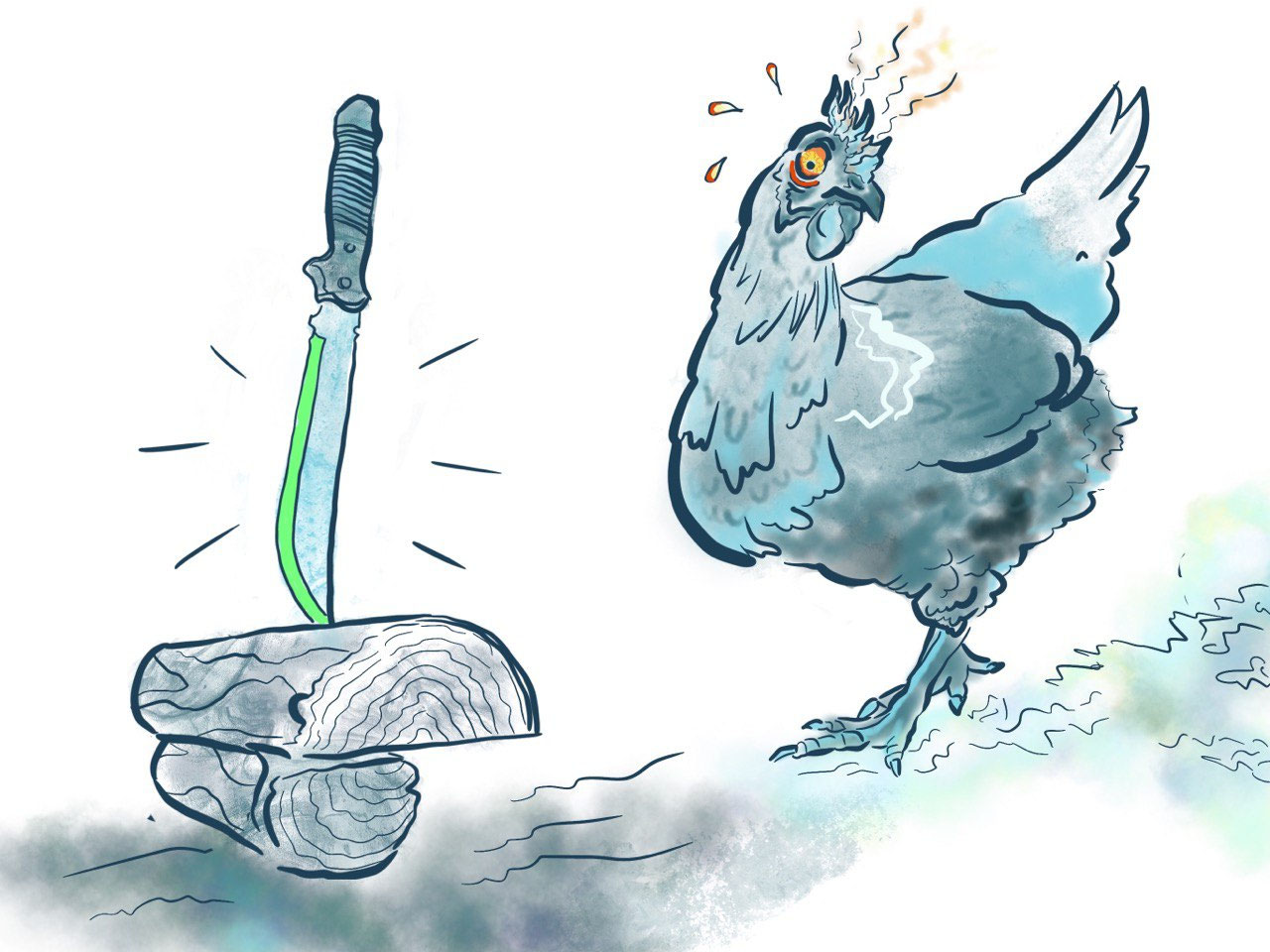-
11:40

Causality is hard. Hence the hackers jargon file contains certain references about voodoo, deep magic and yes, even the sacrifice of chickens for the greater good. In that case, that good would be „the stakeholder‘s peace of mind“.
Rather than looking at the content of the subject matter, this talk is strictly about language. It highlights the issues arising when experts aim to talk about non-experts about subject matters which are not easily put into words. More precisely, not easily understood by human-sized categories of the mind.
The core point is highlighting what could be called the default library present in humans: Stories, with actors and actions leading to results. Anything that‘s not easily fit into that category struggles to be understood. Underneath this, there‘s a set of basic assumptions, comparable to the terms and capabilities of a programming language or it‘s paradigm, which sets the stage for the human-sized stories to happen in. Those are very hard to even see, let alone change, for any individual.
Rather than fighting assumptions, replacing a story with another story can be done far more easily. The challenge addressed in this talk is the tendency of public discourse to revolve around human-sized categories even when faced with system-sized problems. The talk invites to use the ethnographer‘s eye in order to combat dread and anger in the current public discourse. Rather than asking „how can you be so stupid?“, asking „how can you be thinking in the terms you are“ and look for logic. This skill can give you one pointed edge: Discerning active lies and acts of propaganda from honest mistakes brought about by mismatched metaphors. Which, in the end, makes the world look like a much more friendly place.